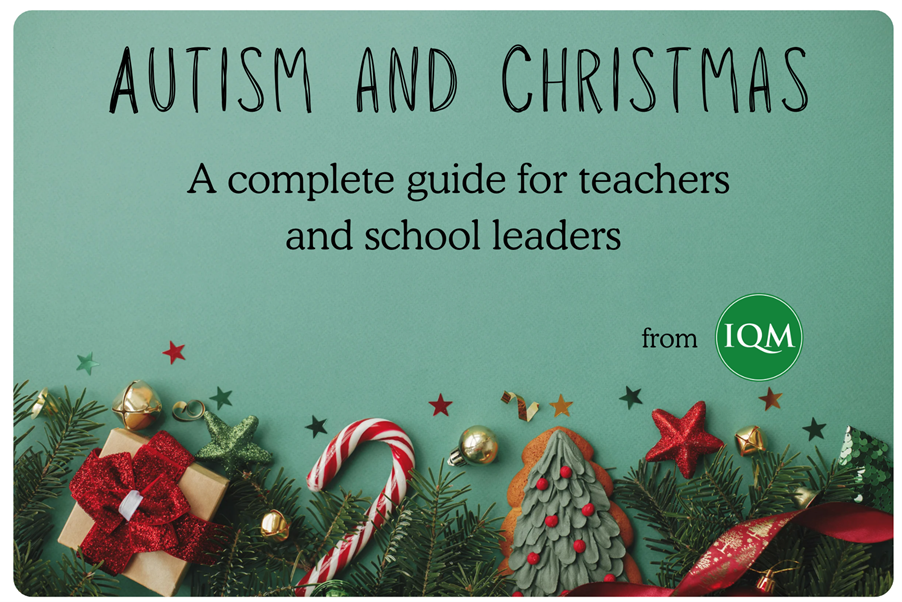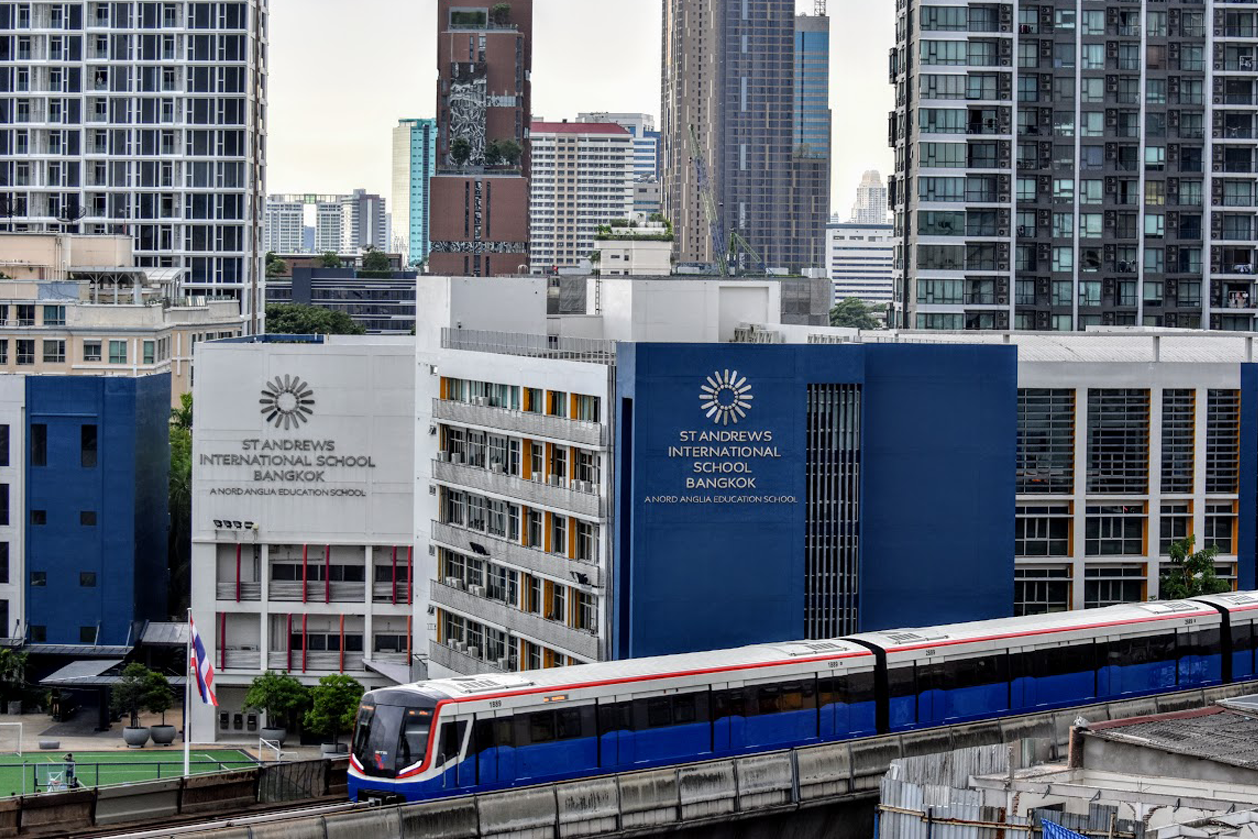Who is IQM?
IQM is the only national inclusion award in the UK. For over 20 years and in over 20 countries, schools, MATs and Local Authorities use the Inclusion Quality Mark to recognise exemplary inclusive practice.
Get in touch for your FREE school information pack today.
SEND Reform White Paper Delayed: The Summary for Schools and LAs
October 23, 2025

The long-awaited reform of England’s SEND system has been delayed until early 2026, announced on the 22nd of October, 2025.
While delays are never welcome news for those supporting children with additional needs, the extended timeframe has been explained as necessary in order to take a more collaborative, evidence-based approach before finalising major policy changes.
In this article, we summarise the latest update on the SEND White Paper delay, outline the reform priorities that are under review, and explore what this might mean for schools and LAs over the coming year.
Autumn 2025 SEND White Paper delay confirmed
The White Paper is expected to lay out a long-term plan to strengthen early help, build local support, and ensure schools are resourced fairly. It will also focus on stronger partnerships between education, health, and care services, and on reinforcing legal safeguards for children and parents.
In short:
- The SEND Schools White Paper has been pushed to early 2026.
- The focus remains on improving early identification, local access, fair funding, and joined-up services.
- The government wants to test and refine proposals through continued engagement with the sector.
Why is the SEND White Paper delayed?
In her letter to the Education Select Committee, Education Secretary Bridget Phillipson explained that the delay allows for more engagement and testing before any new policies are finalised.
She said the process will focus on principles such as early intervention, local provision, fair funding, and evidence-based practice. Bridget Phillipson also confirmed that children will continue to have a legal right to the support they need.
Over the coming months, the DfE will continue regional listening sessions and regular meetings with parent and expert groups. Feedback will help finalise how support, funding, and responsibilities are structured.

What Were the Suggested SEND Reforms?
The original plans for reform came from the SEND Review launched in 2019. It aimed to fix long-standing problems in the system, from rising costs to uneven access to support. It was created under the previous Conservative government.
The main ideas under discussion included:
- Earlier support so that children’s needs are met before they escalate.
- Local provision so more pupils can attend schools close to home.
- Fairer funding so all schools are resourced to meet common SEND needs.
- Stronger legal protections for families and children.
- Evidence-based approaches so that interventions actually work.
- Better joined-up working between schools, health, care, and councils.
The principles outlined in the SEND Reform Green Paper from 2022 will continue to shape the reform work under review.
From Bridget Phillipson’s comments, it appears that what’s changing is not the reform priorities themselves, but how they’re tested and refined with input from those on the ground.
Schools and local authorities are waiting to see how these ideas translate into practice once the White Paper is published.
The impact of the delay on schools and local authorities
For schools, the delay means continuing uncertainty about what future support and funding will look like.
UK schools are already supporting more pupils with SEND, but budgets and access to specialist help remain tight. This means short-term, expensive solutions are limited, and the focus is shifting toward long-term, sustainable culture change across schools and Multi-Academy Trusts.
For local authorities, the pressure is even more visible. Many councils face huge SEND budget deficits and are struggling to keep up with demand for EHCPs and specialist provision.
Without reform, these pressures will continue, forcing councils to find short-term ways to meet legal duties while also laying the groundwork for long-term inclusive practice across their schools.
Both schools and local authorities will need to continue working closely to manage resources and maintain clear communication with families. Partnership working and careful planning will be vital as they prepare for the next phase of reform.

How IQM works with schools and local authorities during SEND change
At IQM, over the last 20 years, our goal has been simple: help schools strengthen inclusion, build capacity within their teams, and keep improving outcomes for every learner.
Through the IQM Inclusive School Award, Centre of Excellence Award, and Flagship Awards, we help schools share good practice (via our trusted Cluster Group Meetings), reflect on their own provision, and prepare their whole school staff for sustainable inclusive practice.
As the SEND White Paper process continues, we’ll continue to share updates, resources, and insights to help schools and local authorities plan ahead and deliver inclusive, high-quality education for all children.
More articles you’ll like:
Ofsted 2025: What the New Framework Means for Inclusion and SEND
The Children’s Commissioner Report 2025: What this means for mainstream inclusion
Other Posts

About IQM
The only national award for inclusion in the UK, IQM has been committed to recognising exemplary inclusive schools for over 20 years and in over 20 countries around the world. The three awards allow schools and organisations to celebrate their inclusive practice against nationally recognised framework.
Site Links
© 2026 Inclusion Quality Mark | website developed & cared for by digidoda


